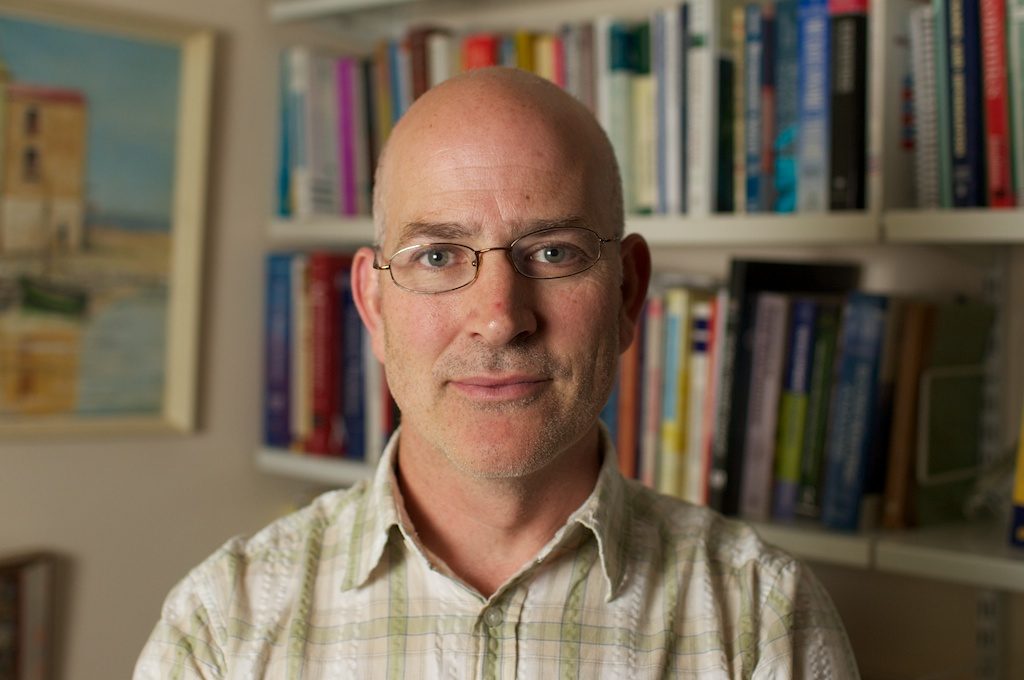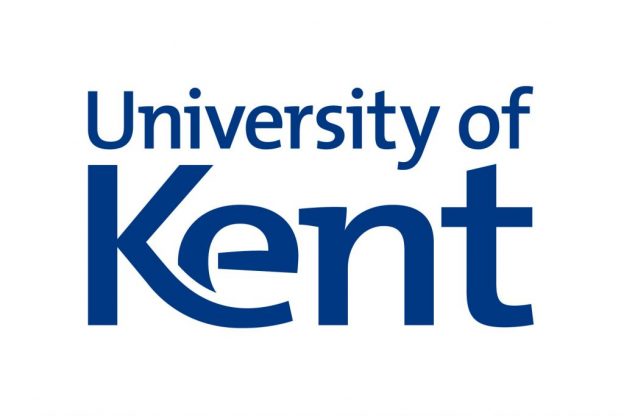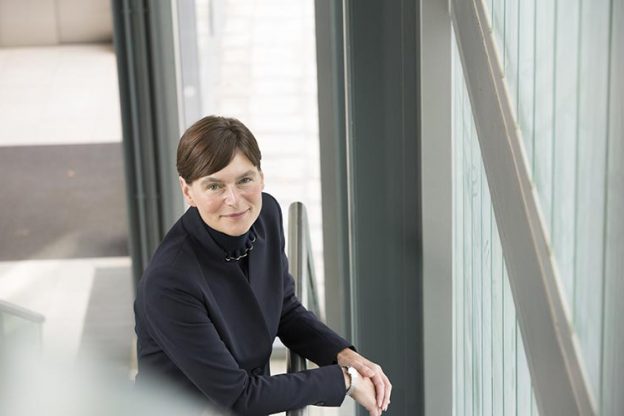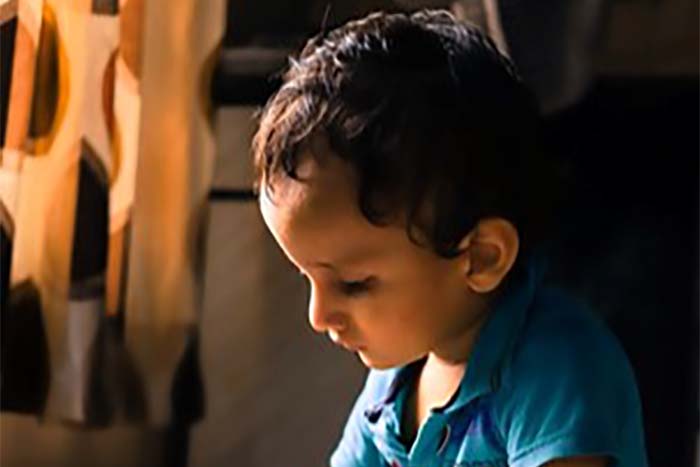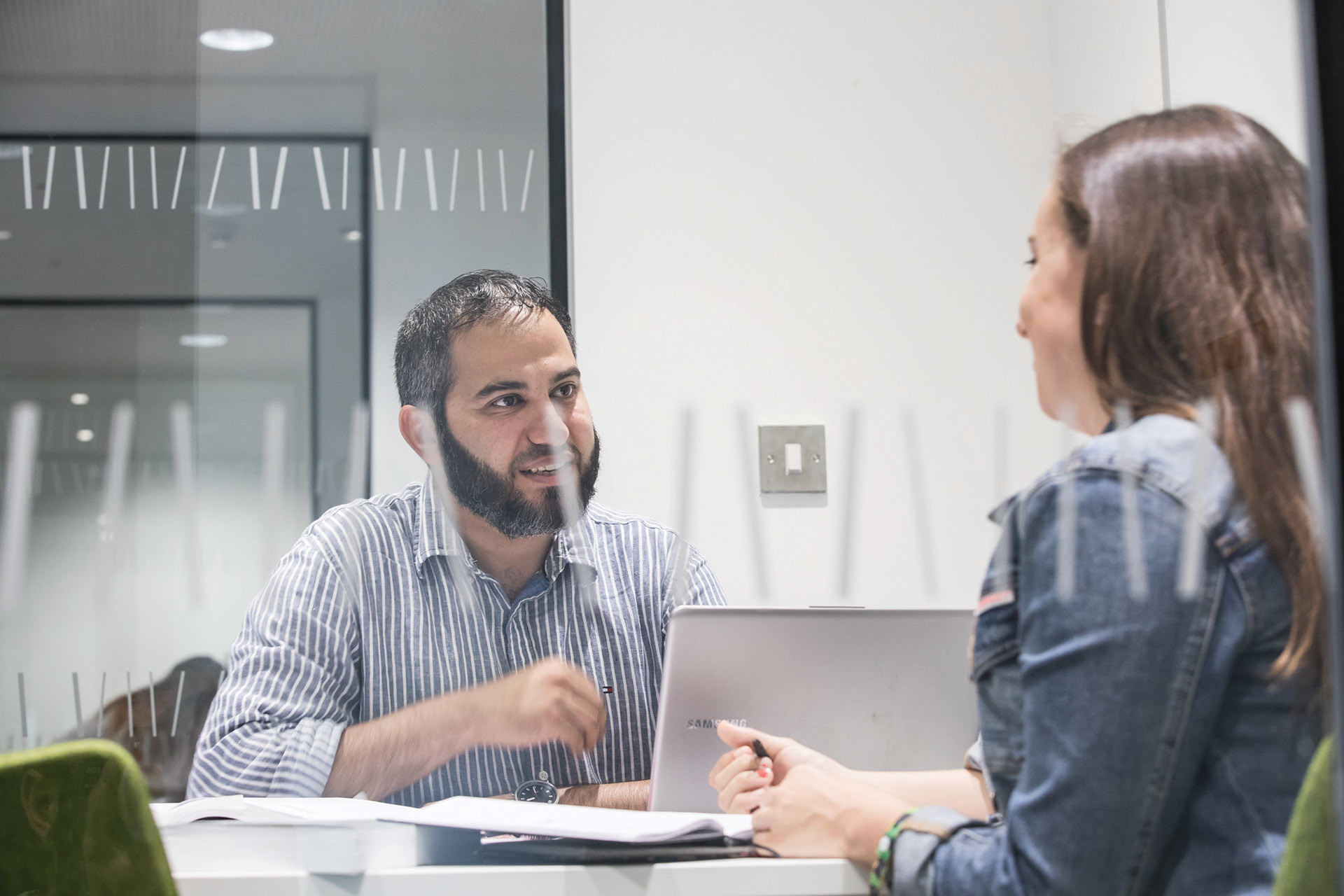It’s hard to believe that it is just over a week since the University reopened after the Christmas vacation. During this time, lockdown has meant that, once again, we have had to change how we work, and a tremendous amount of work continues to take place across University to enable us to comply with Government legislation, as well as delivering our day-to-day activities.
I am grateful for all that you continue to do and know that many of you are facing increasing workloads. I would like to reassure you that this is something the Executive Group is taking seriously, and we are looking at how we might reduce the pressure and seeking to provide additional support at this time.
As we begin 2021, I wanted to say a word about our finances. As you know, thanks to the efforts of all staff, considerable progress has been made towards our underlying savings targets. We have also now reached a further long-term agreement with our lenders, which provides us with a platform to complete our Financial Improvement Programme and return our finances to a sustainable footing. Covid, however, continues to present short-term challenges, which we will have to continue to address in the face of ongoing uncertainty. We are now having to manage the impact of the six-week rent refund we have given to students unable to access their campus accommodation. We need to continue to limit expenditure to essential spend only so that we can protect the critical spend needed on income generation through, for example, supporting student recruitment and our research and innovation activities. Given the ongoing national situation we are also conscious that the return to campus remains very unclear and we are going to have to plan for further income losses.
I am pleased, however, to say that last week’s virtual open day attracted nearly 3,000 visitors, including prospective students from more than 100 countries as well as from the UK. While applications across the sector are lower than normal at this point, predominantly as a result of Covid, and we still have a lot of work to do to increase student numbers at this time, this response was really heartening.
Despite the challenges we face, we continue to make a major contribution to our communities and the region. Kent Business School’s fourth business summit on Friday will bring together business leaders, politicians, local government representatives and academics with the aim of developing an economic recovery roadmap for the region. At the same, through our Knowledge Exchange and Innovation department, we have launched a Recovery Innovation Fund which aims to support businesses to innovate and grow following the Covid-19 pandemic.
The Kent and Medway Medical School has got off to a great start with over 108 students and continues to receive unwavering support from across the region, not just from healthcare professionals but from the general public. You can read more about its achievements in the Leadership Blog by Professor Chris Holland, the Dean of KMMS.
I was also delighted to learn of Professor Stephen Peckham’s appointment to a new expert panel as a policy advisor by the House of Commons’ cross-party Health and Social Care Select Committee. Stephen, who is Director of the Centre for Health Services Studies, is one of the country’s leading experts in this field.
Finally, at 15.30 today, we will be holding the first of our weekly staff web chats. Chaired by Professor Richard Reece, Deputy Vice-Chancellor – Education and Student Experience, who is leading on our Covid response, these meetings will give all staff the chance to get the latest updates and to ask questions of the senior management team. If you have yet to sign-up, please do so and I look forward to seeing many of you at today’s meeting.
With my very best wishes to you and your family,
Karen
Professor Karen Cox | Vice-Chancellor and President
